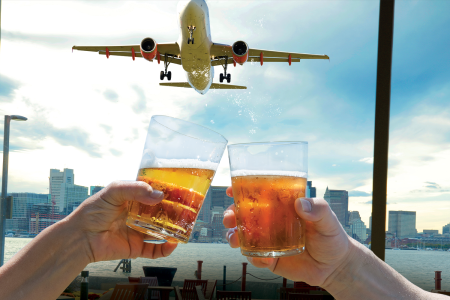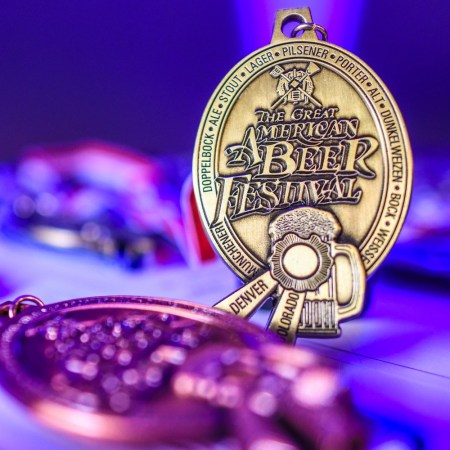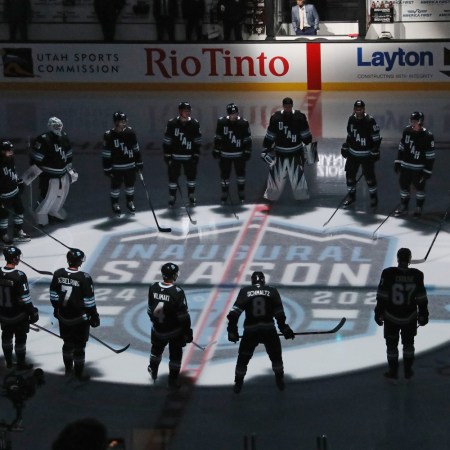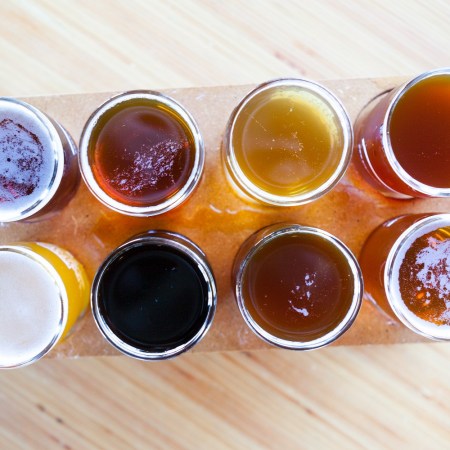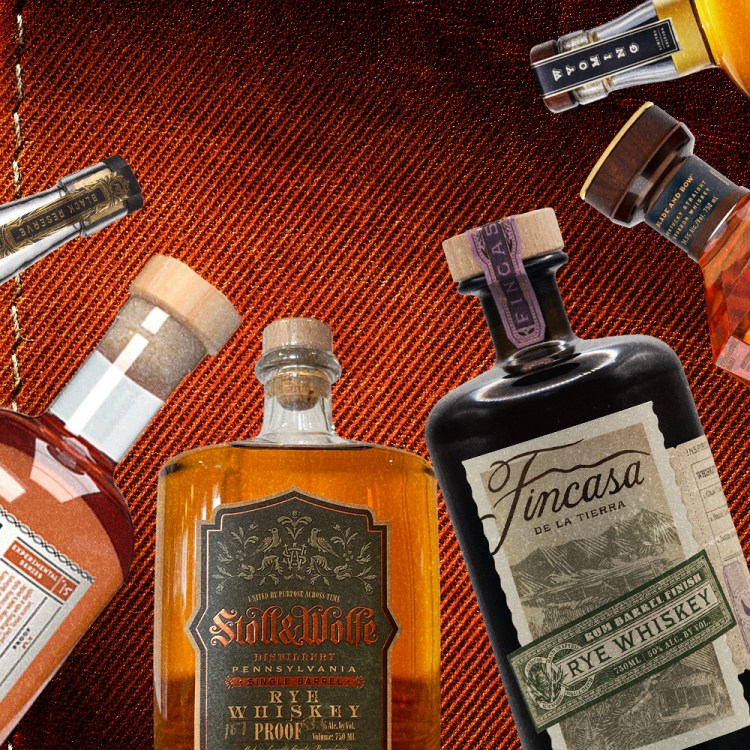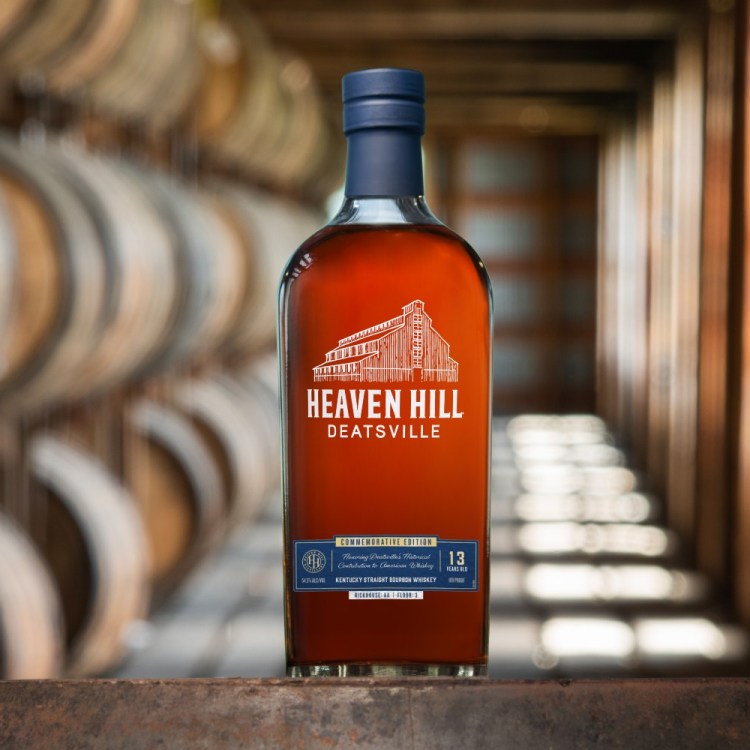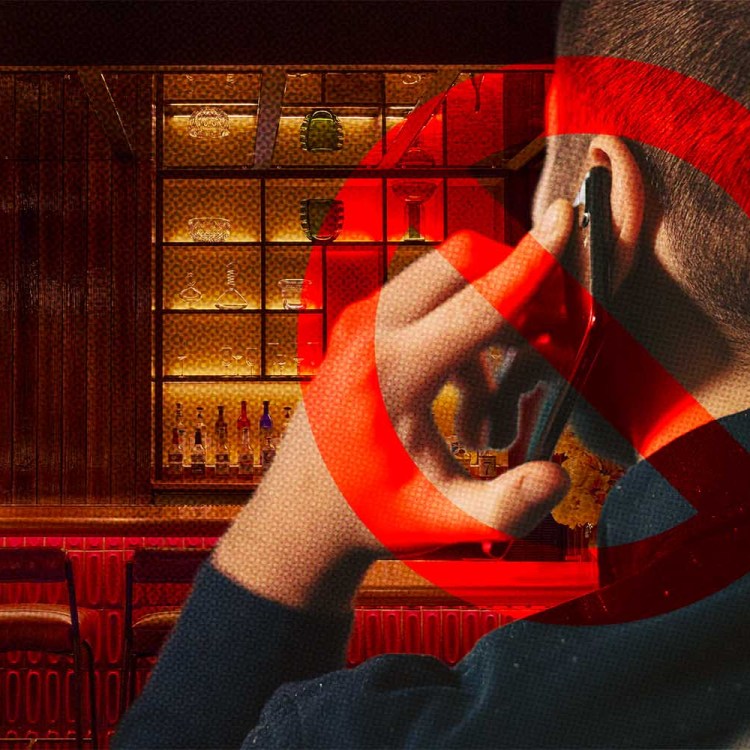Are breweries a place for children? For Forest City Brewery in Cleveland, the answer is an emphatic “no.” In September 2024, it announced a ban on children under 16 after too many “bad apples” and “irresponsible parents.” As founder and GM Jay Demagall explained in the Facebook post, “Our business is to serve great beer, food and other alcoholic beverages to ADULTS…Our staff are not equipped to monitor or babysit kids whose parents treat the brewery like a playground.”
Cue the web war, as customers, bloggers, Redditors, TikTokers and others joined one camp or the other. Demagall’s post alone elicited nearly 400 comments, with the majority cheering the ban but plenty of others pushing back. As one parent put it, “There are already so few eating and drinking establishments in Cleveland to go to with our son. Regular restaurants just aren’t well designed for kids. Forest City was one of the few places that was.”
Forest City is not alone, either, in wrestling with the sticky question of children in breweries and taprooms as others tap out of child-friendly policies — if only partially — and search for solutions that satisfy all.
From Vice to Virtue: The Taproom Vibe
Today, alcohol may have the best reputation it’s ever had. Long a symbol of moral and social decay that’s led to outright bans in some religions and at least 75 admonishments in the Bible like, “A wise person will not be among the drinkers of alcoholic beverages.” That same sentiment fueled the temperance movement, which successfully got the drink outlawed in the United States during Prohibition. In this world, the idea of exposing children to alcohol was not just an anathema, but a sin.
What a difference a century makes. The tables have almost entirely turned, and the craft brewing revolution may have had a lot to do with it. When the first waves of fans in the 1990s and 2000s began having children of their own, many still wanted to patronize their favorites, so taprooms began loosening up. That’s exactly the scenario the Radegast Hall & Biergarten in Brooklyn, New York, presented to the New York Post. “Many of our regulars started having kids around that time, and we wanted to be able to still include them,” manager Sean Snyder said.
It also helped that the 2000s — considered the Golden Era of craft brewing — saw the majority of states adopt comprehensive smoking bans, clearing the air of that health hurdle. The design of craft brew taprooms also encouraged the ingress of children. The dank, dark, confined space of the neighborhood bar transformed into a clean, spacious, sunlit taproom, often with outdoor spaces with lawn games and playgrounds — the perfect vibe for children. So, it’s no wonder children eventually became as regular as barflies.
Morning Beers: Airport Ritual or an Indulgence for All Settings?
What is it about traveling that makes us crave a pre-noon cold one? And who says we can’t do the same at home?The Bad Apples
Forest City is not the only brewery to go public with issues with children and their parents. In September 2024, Proclamation Ale Company in Warwick, Rhode Island, issued its own warning about children: “Our staff and our games are not meant to be their babysitters. We ask that you supervise and be near your kids at all times and do not allow them to run around the taproom or yell loudly. Our staff shouldn’t need to search the entire taproom to figure out where someone’s parent is.”
Künstler Brewing in San Antonio also told parents to control their children after trees and other greenery were damaged and destroyed by misbehaving children. These are backed by anecdotes galore online, including one on DC Urban Moms and Dads, noting, “Their children ran into a employees’ only area with brewing equipment while the parents were in a different room. The kids then started banging on items around the bar before commencing running around…The staff had to intervene three times within 30 minutes.”
Matt Czigler, president and CEO of Czig Meister Brewing in Hackettstown, New Jersey, told New Jersey Monthly, “During some of our busiest hours, we had tables of kids playing board games. We had parents that treated the tasting room like a Chuck E. Cheese, where they just let their kids run free.” (As I write this in a local taproom, one toddler is running across the floor while another shrieks while banging the table across from me.)
This may have something to do with the belief by most parents — 96% in one large-scale study — that their children are perfectly well-behaved. That may be a hard number replicate in a given brewery, but it also begs the question of what’s good and bad behavior for children in a brewery context. And should responsible parents pay for the rest? Like New England IPAs, the answer remains hazy.
To Ban or Not to Ban
While the two camps may not ever find agreement, many breweries are trying to find a happy medium that appeases both sides. One common way is to adopt adult-only hours.
Notch Brewing in Salem, Massachusetts, is a good example. They announced in November 2024 that “Our Salem & Brighton tap room policy of 21+ after 6 p.m. on the weekends will now be extended to seven days a week, and this policy includes toddlers and babies… We will now be asking parents to have their kids out the door by 6 p.m.”
That’s a policy adopted by other breweries, too, like Union Craft Brewing in Baltimore. Castle Island Brewery in Norwood, Massachusetts, cuts off children at 8 p.m. Human Robot Brewery in Philadelphia applies a no-kids policy after 2 p.m., telling Fox 29 Philadelphia, “Some people put their car seats on the bar or their car seats up on the table. It’s too small for that,” Atkinson explained. “It’s not safe with high tops in here. It’s not safe for kids.”
Others, like Dorchester Brewing Company instituted a law but then reversed it. “It just didn’t feel great to have to kick somebody out that was enjoying themselves and having a beer and just because their kid was with them,” explained general manager Stephanie Berman to CBS News.
Breweries also need to wrestle with the idea that banning kids at any time of the day may lose them a stream of revenue. Notch co-founder, owner and head brewer Chris Lohring admits that possibility, especially as families with kids make up a significant portion of his weekend traffic. “I’m not sure if it would be a financial hit, but I would guess, yes,” he says. But, he counters, “I often wonder how many customers we lose because they do not want to be around children.”
Perhaps the greatest irony to the question of children in breweries is that people often have to be 21 to enter the website of many breweries — but they can be any age to step inside the brewery itself.
Every Thursday, our resident experts see to it that you’re up to date on the latest from the world of drinks. Trend reports, bottle reviews, cocktail recipes and more. Sign up for THE SPILL now.


